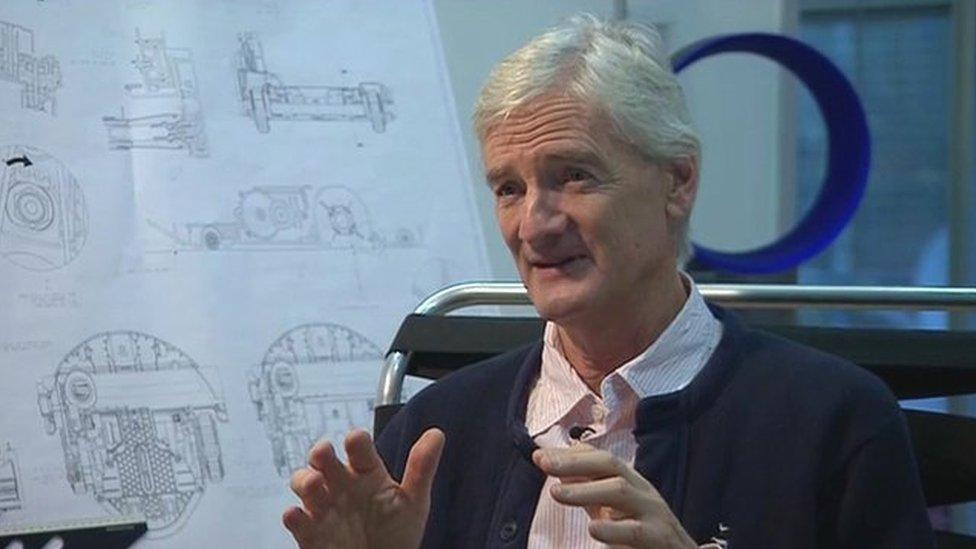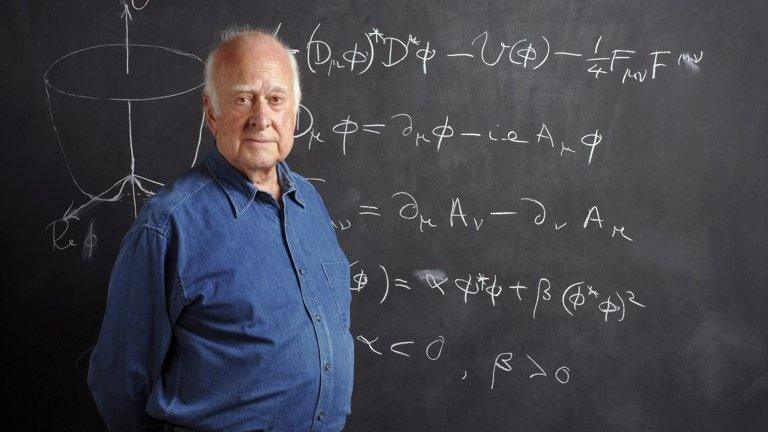EU referendum: Vote Remain to protect workers' rights, says Corbyn
- Published
Jeremy Corbyn said he rated his passion for continued EU membership at "seven or seven and a half out of 10"
Jeremy Corbyn has urged Labour voters to support the UK staying in the EU, saying it will protect workers' rights.
Campaigning in Aberdeen, the Labour leader acknowledged that the EU should be more accountable and democratic.
But he said voting Remain would protect "paid holiday, the anti-discrimination legislation, the maternity leave, the paternity leave and particularly environmental protection".
Leave campaigners say cutting workplace regulation would help create new jobs.
The UK's in-out referendum on EU membership takes place on 23 June.
Mr Corbyn has been viewed as Labour's most Eurosceptic leader in a generation and has faced criticism from within his party for not doing more to galvanise Labour supporters to vote Remain.
Most of the party's MPs back staying in the EU, although the Vote Leave campaign is chaired by a Labour MP, Gisela Stuart.
In his comments, Mr Corbyn also referred positively to European human rights legislation but said he was "very opposed to" the terms of a proposed trade deal with the US.
"But if we leave [the EU] we've got to think very seriously about the economic consequences of the jobs and the workers' rights and the free movement of people," he said.
A vote to stay in the EU was "not an endorsement of every bureaucratic excess of the European Union", Mr Corbyn said, suggesting that what was important was "a principle about working with people across national borders".

Analysis - By Chris Mason, political correspondent
Momentum in political campaigns is both everything, and nothing.
Unquantifiable and ephemeral - and yet motivating and mood setting.
Vote Leave, having weathered an onslaught from their opponents in the opening skirmishes of this campaign, now sound upbeat and chipper.
The Remain campaign - and particularly those within the Labour Party who passionately believe the UK must stay in the EU - fret that their supporters are leaching away to back Brexit.
So, the tussle is now on for the support of Labour voters - a chunk of the electorate who could prove crucial a week on Thursday

In other developments:
Entrepreneur Sir James Dyson has said Britain would gain more from leaving the EU than it would lose
Britain's EU referendum could lead to the break-up of the EU itself, Sweden's foreign minister has warned
Thirteen Nobel prize-winning scientists have urged voters to back Remain saying leaving the EU would be a "key risk" to the future of British science
The Remain campaign has also been backed by some of Britain's largest developers and house builders who say a vote for Brexit would make the housing crisis worse
Nigel Farage has said he thinks the Leave campaign is on course for victory in the referendum with its "upbeat" message about life outside the EU
A new poll has suggested the Brexit camp has a 10-point lead. The latest online survey of 2,000 people on Wednesday and Thursday by ORB for the Independent put the scores at 55% to 45%, external in favour of pulling out, after allowing for an individual's likelihood to vote
Asked if Labour voters could swing the vote, Mr Corbyn said he was working very hard to put the case to Labour voters "that we reform the European Union by remaining in the European Union".
"If we walk away from it it's very hard to see how our economy can be sustained, how those jobs can be sustained particularly in manufacturing industry," he said.
He also appealed to people in Scotland to avoid getting into the debate about whether a Leave vote could lead to another independence referendum.
"I hope people will vote for what they want on June 23, and decide whether they wish to be part of the European Union or not on the basis of solidarity with people across the continent," Mr Corbyn said.
Leading Leave campaigner Iain Duncan Smith told the BBC it was not just the Conservatives who were divided over Europe.
He said: "A huge number of Labour voters are actually for Leave now because of the crisis over immigration and the problems of services, and on their salaries, by the way, wages are falling as a result of migration."
- Published11 June 2016

- Published11 June 2016

- Published10 June 2016
- Published30 December 2020
